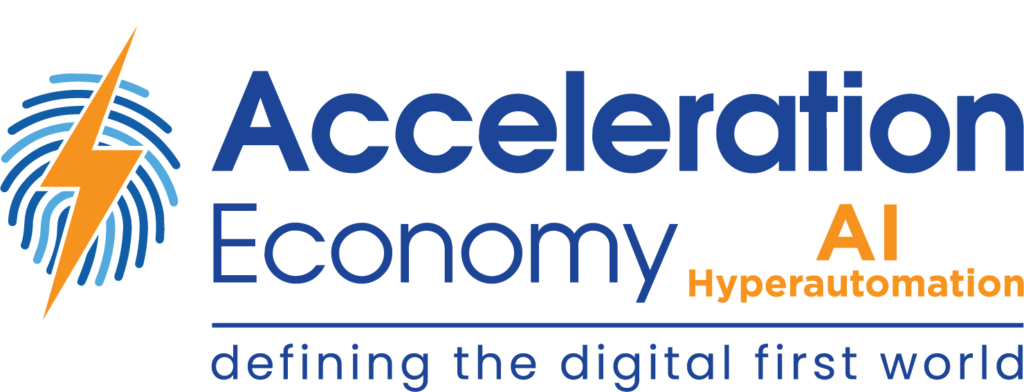Highlights
00:06 — This episode is brought to you by the Cloud Wars Expo. This in-person event will be held June 28th to 30th at the Moscone Center in San Francisco, California.
00:24 — The MIT-IBM Watson AI Lab, founded in 2017, is a community of scientists dedicated to pushing the frontiers of AI. These efforts translate into real-world impact, covering a variety of research areas. These areas are categorized in three main ways:
- Narrow AI is the ability to perform specific tasks at a super-human rate within various categories, from chess, Jeopardy!, and Go, to voice assistance, debate, language translation, and image classification.
- Broad AI is next. We’re just entering this frontier, but when it’s fully realized, it will feature AI systems that use and integrate multimodal data streams, learn more efficiently and flexibly, and traverse multiple tasks and domains. Broad AI will have powerful implications for business and society.
- General AI is essentially what science fiction has long imagined: AI systems capable of complex reasoning and full autonomy. Some scientists estimate that General AI could be possible sometime around 2050 – which is really little more than guesswork. Others say it will never be possible. For now, we’re focused on leading the next generation of Broad AI technologies for the betterment of business and society.
01:02 — A new technique has surfaced from this collaboration called ‘shared interests.’ It compares machine learning model reasoning to that of humans. The reasoning enables users to see patterns. The goal is to scale the analysis process to understand concepts at a global level on the models’ behaviors.
01:35 — The continued collaboration between MIT and IBM opens opportunities for students to be involved and hands-on with AI as well as collaborate with an experienced tech company.
01:58 — What kind of impact will this have on the real world? Although human behavior is complex, this AI is spotting patterns of interactions and images for interactions to begin recognizing, for example, healthcare concerns to recommend treatments earlier.
02:41 — Human emotion may still be out of reach for AI.
Looking for real-world insights into artificial intelligence and hyperautomation? Subscribe to the AI and Hyperautomation channel:








